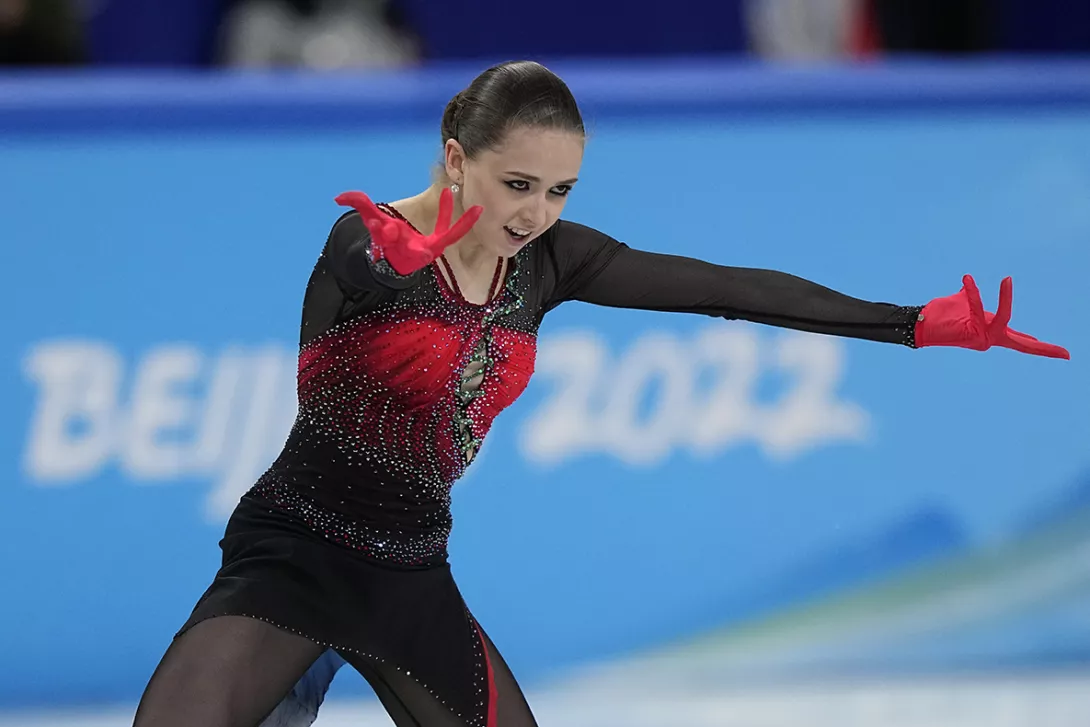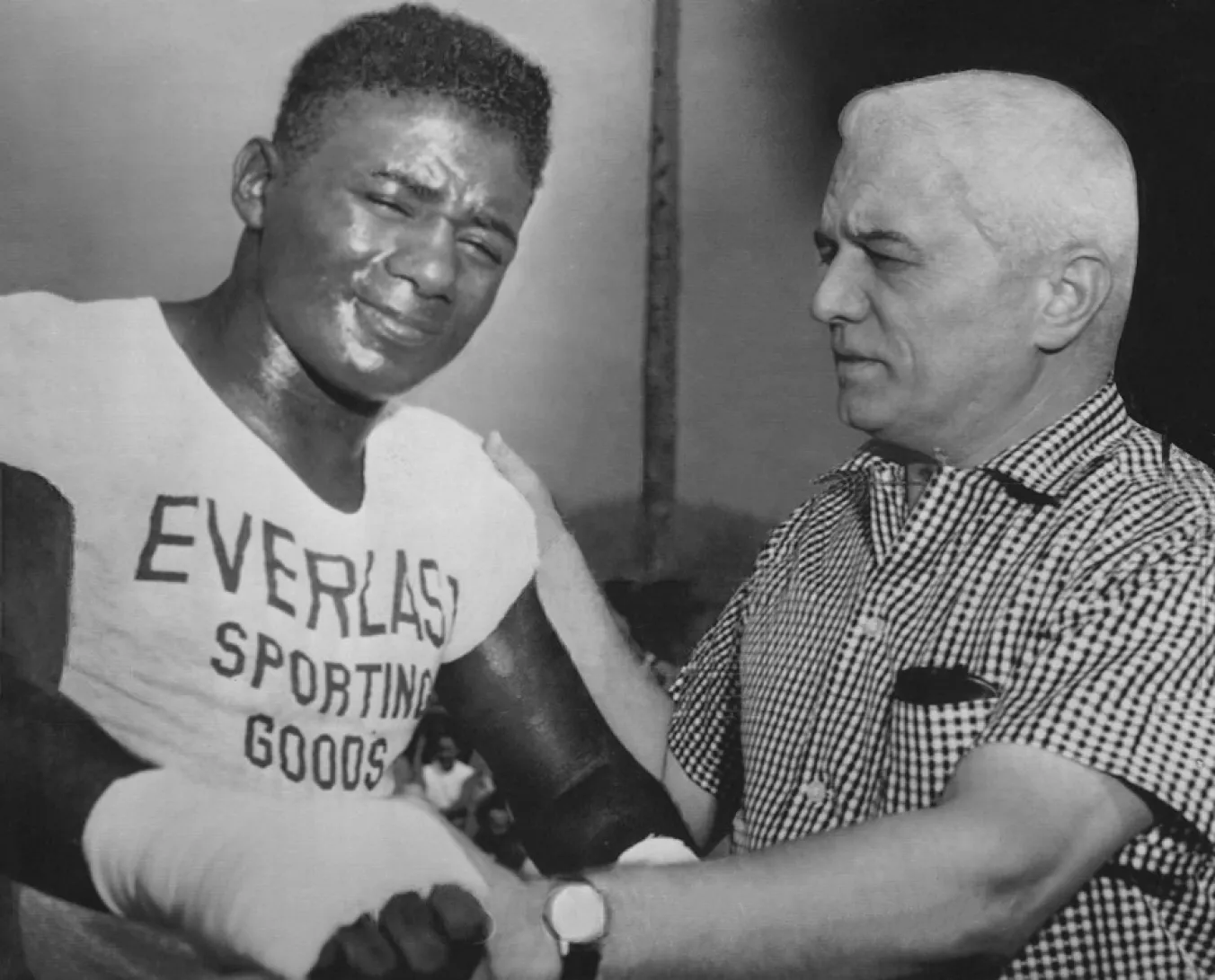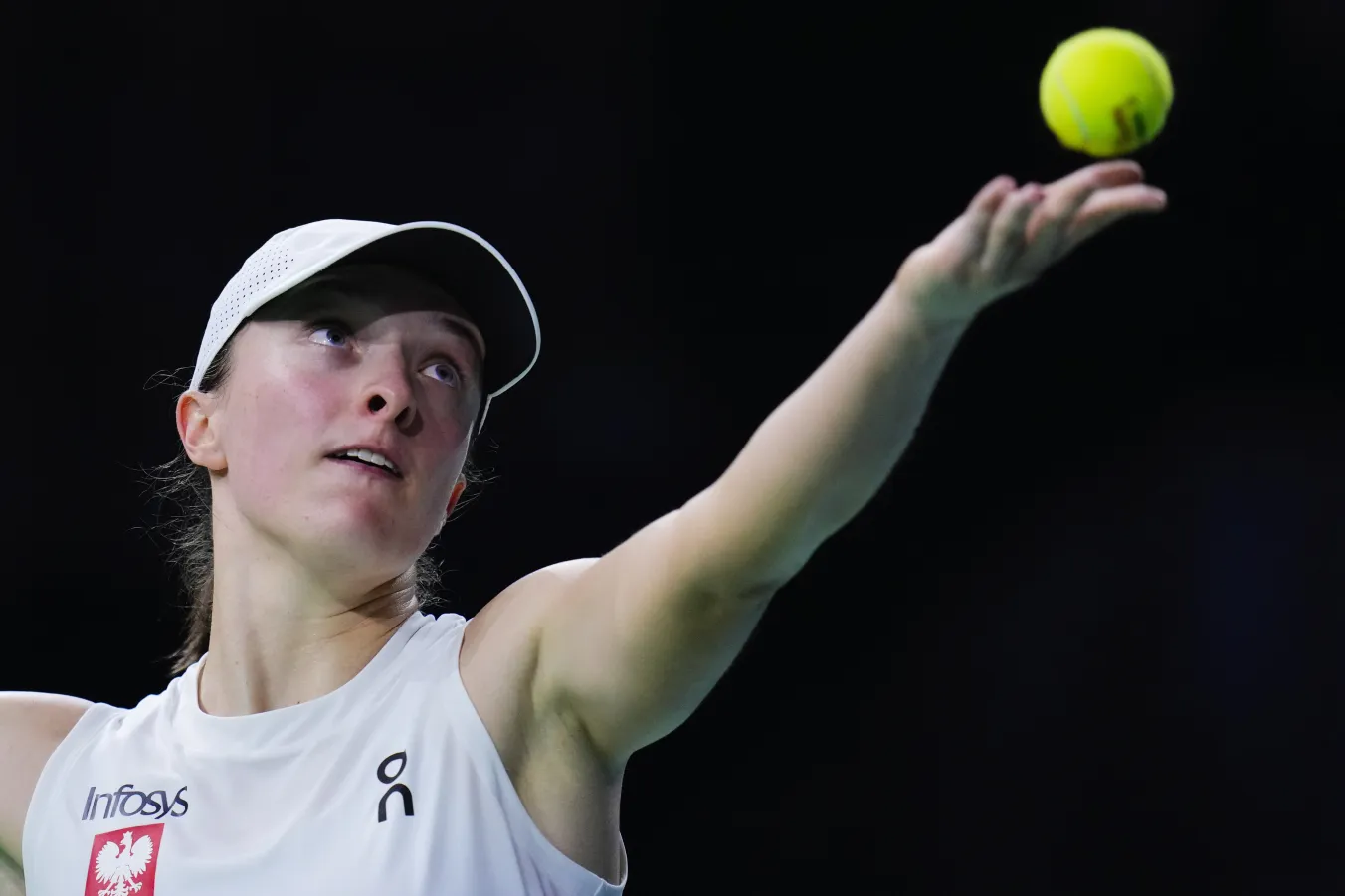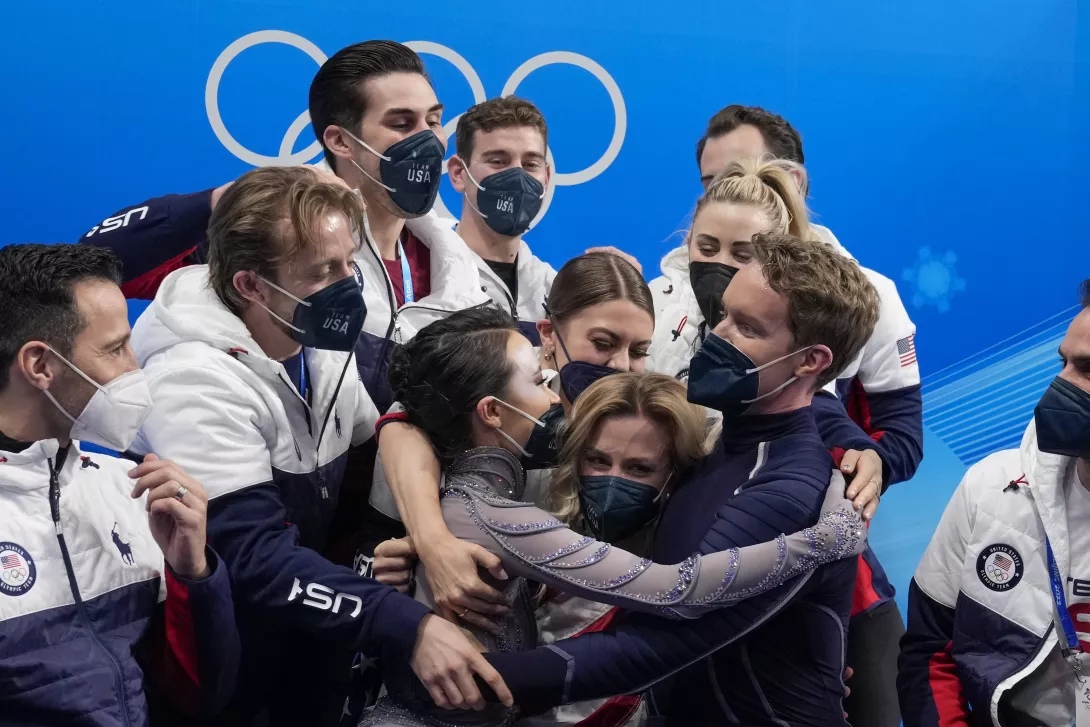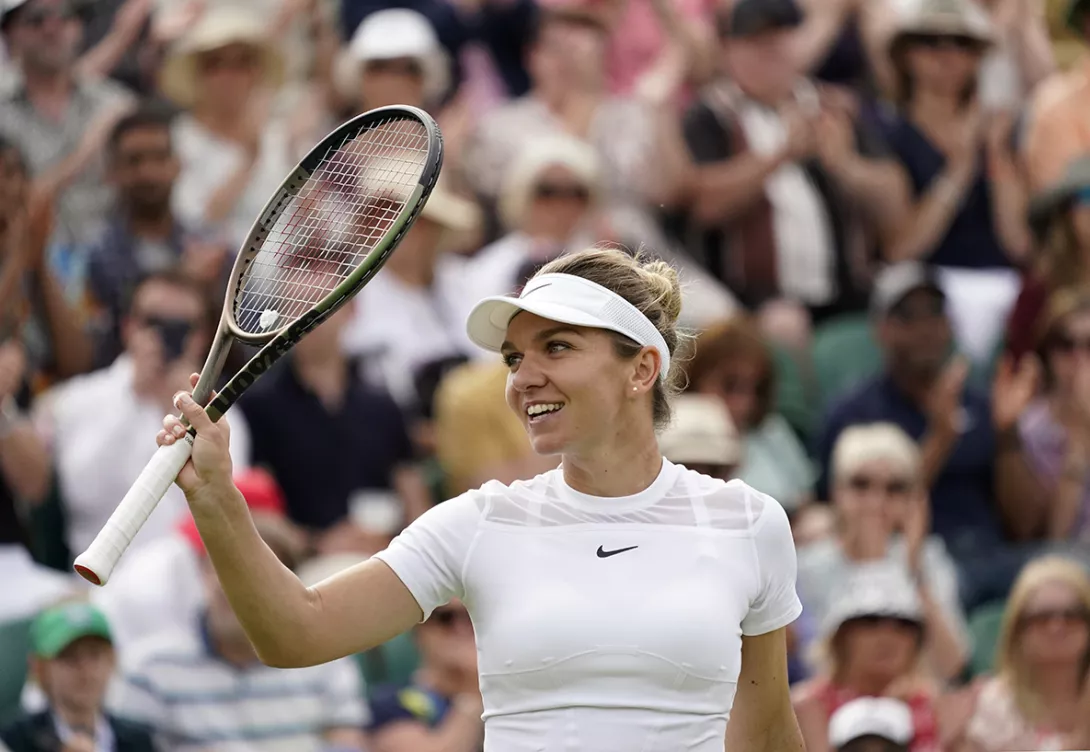JOHN WIGHT writes on legendary boxing trainer and philosopher, Cus D’Amato
A FOUR-YEAR doping ban has been imposed on Russian figure skater Kamila Valieva, with her results at the 2022 Winter Olympics disqualified.
News that Valieva had tested positive for a banned substance, trimetazidine, during the Russian national championships in December 2021 emerged during the following year’s Winter Games in Beijing. She was 15 years old at the time.
The subsequent legal case reached the Court of Arbitration for Sport (CAS), which ruled today that Valieva had been unable to establish that the anti-doping rule violation had not been committed intentionally.


